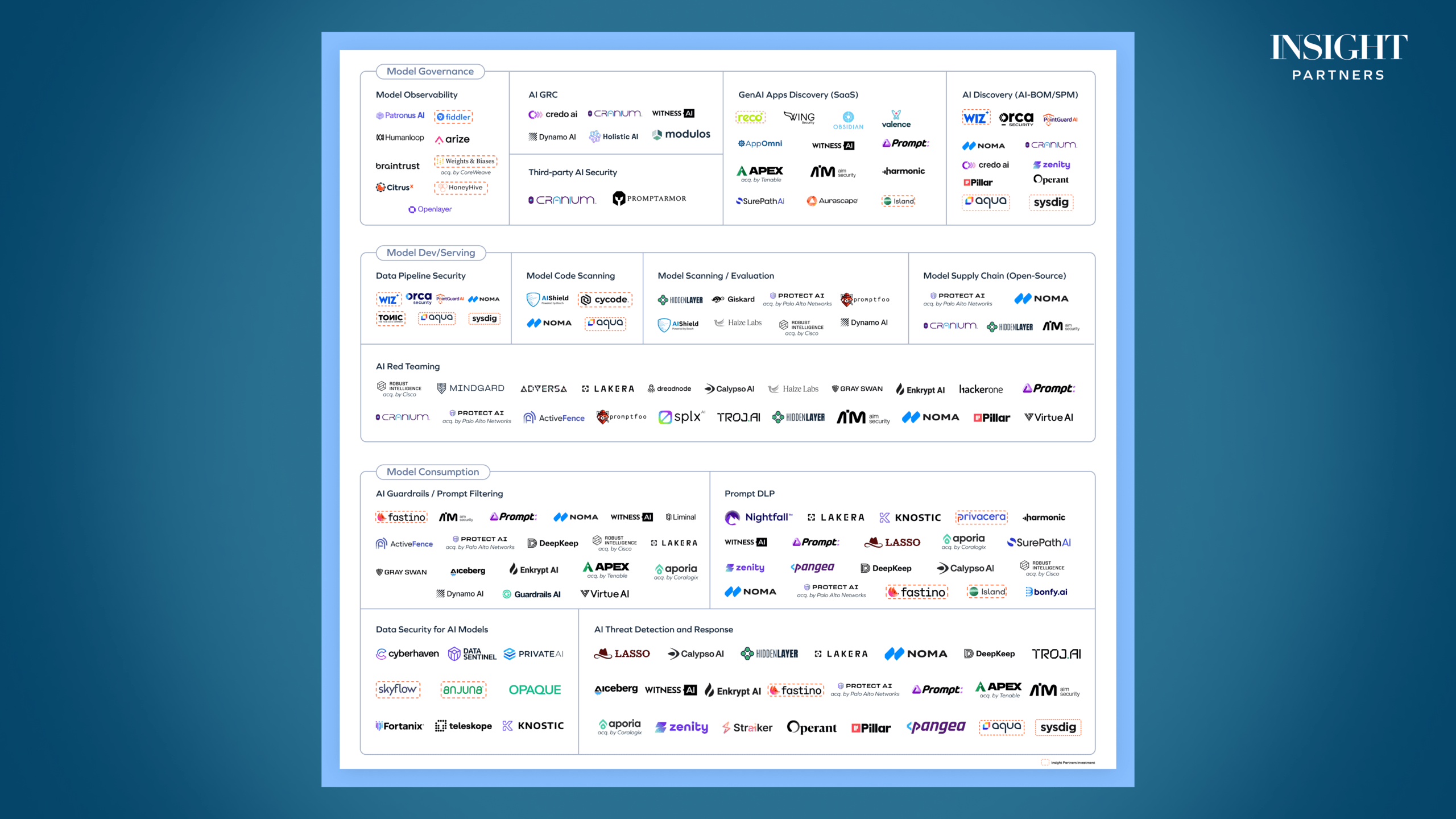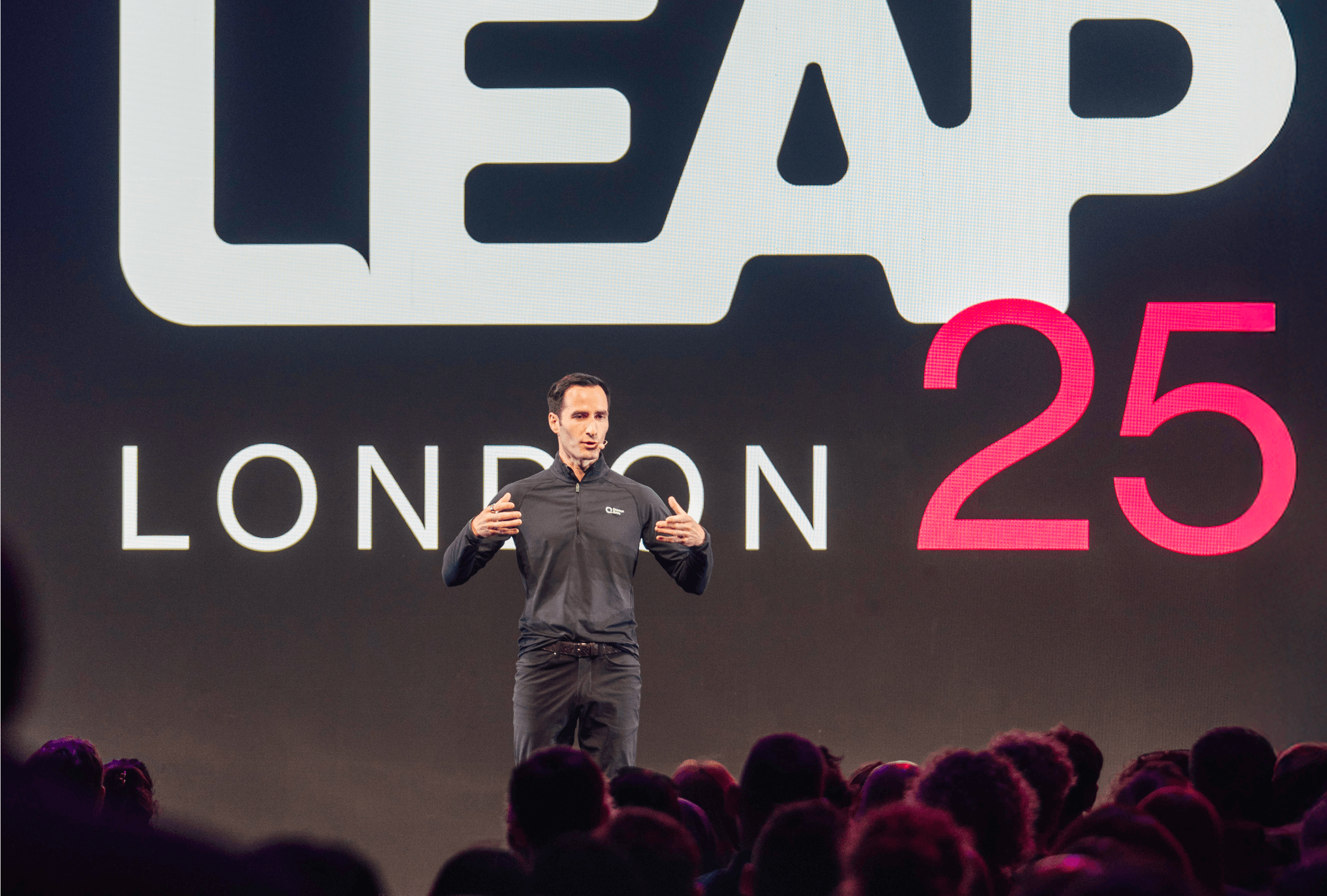How computational care is critical to next wave of healthtech
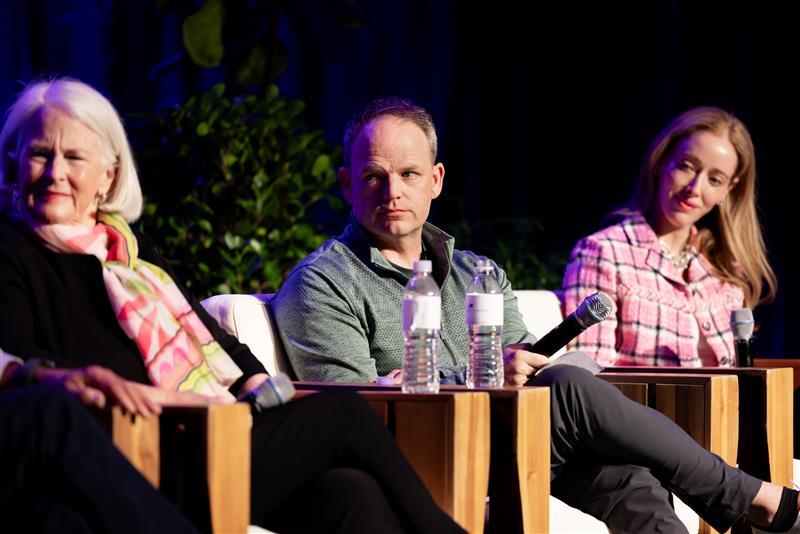
In October, Managing Director Scott Barclay sat on the HLTH Consumer Wellness panel and shared his perspective on the future of healthcare, highlighting the transformative potential of software to address systemic issues and improve patient outcomes.
By championing data-driven innovation and clinical validation, he challenged founders to create solutions that not only meet consumers’ needs but also build lasting value in the ecosystem.
Redefining healthcare through software
Barclay set the stage with a bold question: “Why don’t we have more magical, wonderful software that changes the lives of consumers and improves outcomes?” He noted that while other industries have benefited from scalable, intuitive software, healthcare continues to lag behind in delivering consumer-centric solutions.
“Why don’t we have more magical, wonderful software that changes the lives of consumers and improves outcomes?”
To address this gap, Barclay highlighted the need to design software that doesn’t just work but feels effortless for end users. He pointed to Kintsugi, a voice biomarker tool that uses deep learning to assess mental health in real-time. “At scale, with billions of transactions, Kintsugi listens between the lines,” he explained. This technology exemplifies how software can empower clinicians with valuable insights while remaining virtually invisible to patients, seamlessly integrating into their care journey.
Barclay’s message was clear: The next wave of innovation in healthcare must prioritize user empathy, creating experiences that simplify complex processes and improve patient outcomes without adding friction.
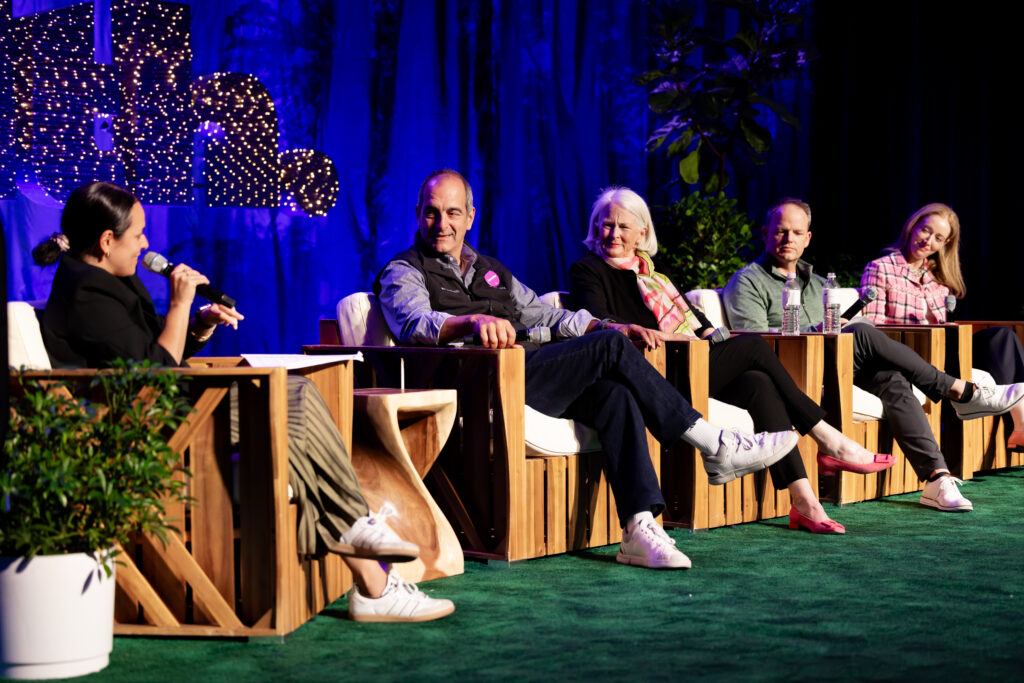
“Healthcare often fails to meet people where they are”
Barclay described Insight Partners’ core thesis around computational care, a framework that combines empathy and intelligence at the moment of interaction, but wisdom and secrets for good distribution and payment. He detailed the critical role of software in delivering personalized and scalable care solutions, especially for underserved populations. “So what we look for is at that moment of empathy, at that moment of interaction.”
“Healthcare often fails to meet people where they are,” Barclay said. He highlighted the importance of “creating a magical experience for the consumer” while integrating clinical validation. “Part of being magical is that it just works — sometimes you don’t even realize it’s there,” he noted.
Barclay highlighted Unobravo, which leverages technology to provide culturally relevant, personalized behavioral health care to diverse populations in Europe. This new wave of healthtech startups and ScaleUps, like Unobravo, Alma, and Calm, make mental health resources more accessible, especially to those in need of remote support.
Encouraging clinical validation in wellness
In a space increasingly crowded with direct-to-consumer wellness brands, Barclay underscored the importance of clinical rigor — specifically pointing to the femtech. “We’ve been underserving 51% of our population for five or six decades,” he explained. “Clinical validation is even more important than you’ve been told,” he said, urging founders to prioritize evidence-based approaches from the start.
He noted that building credibility through clinical trials and real-world data is not just a regulatory requirement but a competitive advantage. Companies that invest early in validation create enduring moats, distinguishing themselves in a market where skepticism often runs high.
Barclay drew parallels between wellness and traditional healthcare, emphasizing that both sectors share a responsibility to deliver measurable results. “Think of it as R&D,” he advised. “We believe wellness companies that invest in validation today will set themselves apart as leaders tomorrow.”
“Wellness companies that invest in validation today will set themselves apart as leaders tomorrow.”

Navigating market challenges
Barclay acknowledged the current funding climate, which presents unique challenges for early-stage healthcare startups. “There are really great first-time founders with great ideas but without validation, and many are struggling,” he observed.
Despite these hurdles, Barclay expressed optimism about the ecosystem’s resilience. Companies with strong teams, validated products, and clear narratives continue to secure funding and grow at reasonable valuations. He encouraged founders to refine their value propositions and understand the unique dynamics of healthcare purchasing in the U.S.
Barclay also addressed the tension between B2C and B2B models in healthcare, noting that the most successful companies often traverse both. “It’s not enough to build something consumers love — you need a playbook for distribution and scalability within the healthcare system,” he said.
Looking ahead: Meeting consumers where they are
Barclay closed with a call for bold thinking in care delivery. “I actually can’t name a part of care delivery that I don’t think can be entirely rebuilt,” he said, pointing to opportunities in primary care and aging. He challenged founders to reimagine these spaces with empathy and dignity at the forefront.
“I actually can’t name a part of care delivery that I don’t think can be entirely rebuilt.”
“Primary care as we historically understand it has almost gone away,” Barclay noted. “What’s the version of telemedicine, urgent care, and primary care that meets her where she is? That’s about to be rebuilt.”
Leaders across the health ecosystem also convened at Insight’s ScaleUp Suite, an executive networking lounge at HLTH, in partnership with nine portfolio companies: A Place for Mom, BrightInsight, Briya, Lantern, Force Therapeutics, Kintsugi, Leal Health, Riviera Partners, and ViewFi.
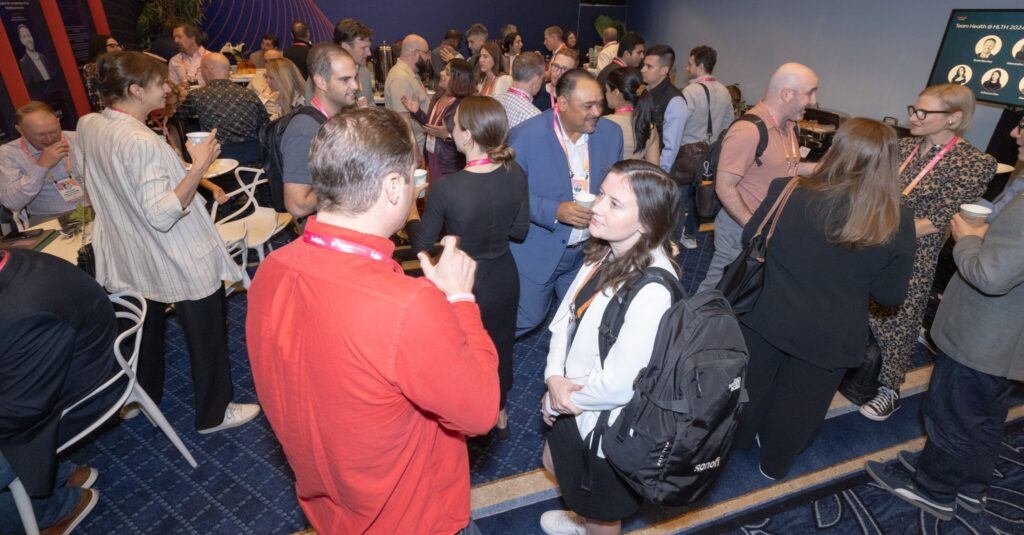
*Note: Insight Partners has invested in Unobravo, Calm, Alma, A Place for Mom, BrightInsight, Briya, Lantern, Force Therapeutics, Kintsugi, Leal Health, Riviera Partners, and ViewFi.






